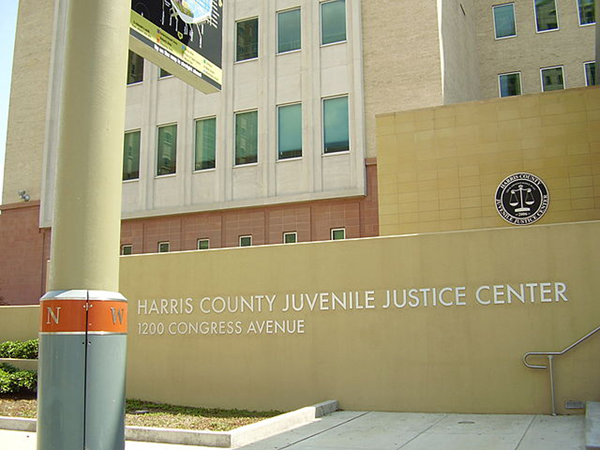- La Feria Community Holds Succesful Business Mixer Event
- Little Nashville to Take Place in Downtown Mercedes
- Lions Basketball Captures District Gold
- La Feria ISD Students Compete in Regional Chess Tournament
- Lions End First Half of 32-4A on a High Note
- La Feria ISD Held Another Successful Parent Conference
- Strong Appearance for Lions at Hidalgo Power Meet
- LFECHS Students Get to Meet Local Actress
- Students Participate in Marine Biology Camp
- Two LFECHS Students Qualify for All-State Band
Unfinished Business in TX Juvenile Justice Reform
- Updated: June 1, 2015
by Eric Galatas/TNS
AUSTIN, Texas – Texas has unfinished business in juvenile justice reform, according to a new report from the Texas Criminal Justice Coalition.
The report was released as lawmakers consider bills that would expand independent oversight of juvenile facilities (HB 3277), increase support for local probation departments to keep young people closer to home (SB 1630), and raise the age of juvenile offenders to 17 (HB 1205).
Ana Yanez-Correa, executive director with TCJC says keeping kids in their home communities, instead of adult jails, saves taxpayer money now and in the long run.
“Imagine the benefits if those adults would have been helped when they were children. We wouldn’t have them in prison,” says Correa. “They would be law-abiding, contributing members of society.”

As Texas legislators consider a series of proposals that would change how young people fit into the justice system, a new report suggests the state should capitalize on recent progress made in juvenile justice reform. Photo: WhisperToMe/Wikimedia Commons.
The report shows reforms, which began in 2007, have reduced the number of juvenile offenders in Texas to one-fifth of what it had been. It also recommends the state shift resources to preventive services that address such underlying challenges as keeping young people in school, and addressing behavioral and health challenges at home.
The report found young people are safer, and less likely to re-offend, when they are kept out of the adult justice system altogether. Currently in Texas, children as young as 14 can be sent to adult facilities, and anyone arrested at age 17 is automatically dealt with as an adult.
Correa says young offenders face more risks in adult jails.
“Kids are more likely to be sexually assaulted,” she says. “They are not going to receive appropriate program, and they’re more likely to recidivate when they are in the adult system than when they are placed in the juvenile justice system.”
And while juvenile crime is down overall in Texas, the report also found that racial disparities continue. It says two out of every three kids in Texas are youth of color but eight in 10 doing time in the justice system are youth of color.


